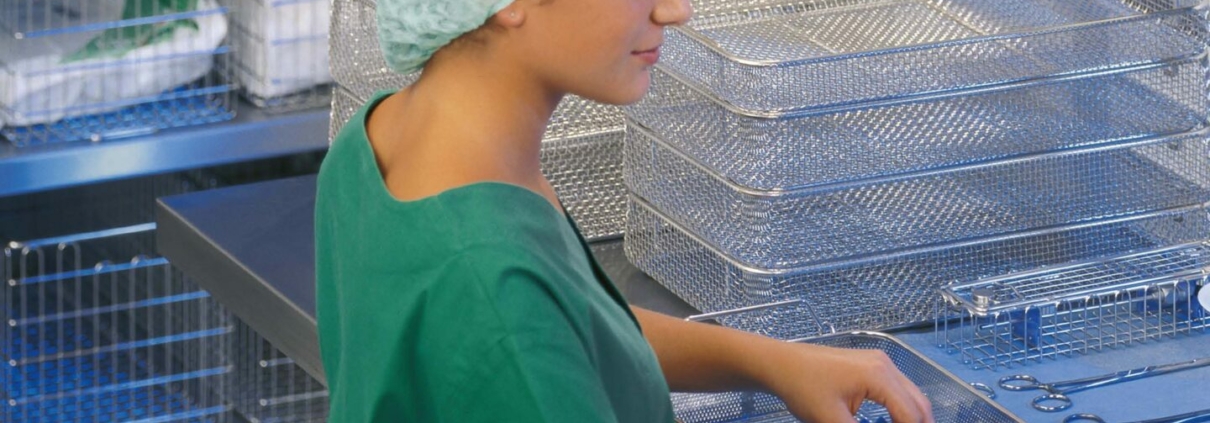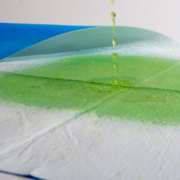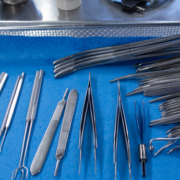Recyclable MedTech for Supply Chain Decarbonisation
Recyclable MedTech presents an important opportunity to tackle greenhouse gas emissions as part of the NHS Net Zero strategy.
As a whole, the supply chain accounts for 62% of the NHS’s carbon emissions, with medical equipment equating to 10% of the total (1).
By avoiding medical products that only allow for a ‘make-use-waste’ linear lifecycle, and opting instead for those that can be recycled at end-of-life, NHS procurement departments can benefit from a circular value system that also assists with supply chain decarbonisation.
Saving Money with Recyclable MedTech
Recyclable medical equipment not only provides value whilst being used, but also minimizes value leakage at the outflow stage.
This is particularly the case where NHS hospitals are remunerated for allowing manufacturers to collect and recycle their products.
Take for example Hupfer’s surgical instrument baskets. These come with an End-of-Life Product Recovery Scheme that allows NHS hospitals to earn rebates, support the circular economy and boost their sustainability performance.
As soon as Hupfer stainless-steel instrument baskets come to the end of their working life, Hupfer deducts their scrap value from the hospital’s new quote and recycles them.
Or if the hospital doesn’t want to order any more new baskets, Hupfer will help the hospital to find a local recycling company to ensure recovery.
To find out more about Hupfer’s recyclable MedTech click here.
Reducing Carbon Emissions with Recyclables
Waste reduction is also a key benefit of products with a ‘use-recycle-reinvest’ purchasing profile.
By repurposing used medical devices through recycling, carbon emissions are reduced as fewer new products need to be manufactured from scratch.
According to ‘Delivering a ‘Net Zero’ National Health Service’ medical devices represent one of the top areas of opportunity for the NHS to reduce its carbon footprint, along with supply chain, estates and facilities, pharmaceuticals and travel.
With the NHS spending £10 billion a year on medical technology including syringes, surgical instruments and pacemakers, it is clear to see how recycling can provide NHS procurement with a significant reduction in both spend and carbon emissions.
Minimising the need to recycle
It’s also important to minimise the amount of recycling of Medtech products in the first place by investing in the highest quality reusable technology. For example, some reusable surgical instruments may be recyclable, but if they are only warrantied to last for a couple of years that can generate a lot in terms of carbon emissions, compared to an instrument that typically lasts between 30 and 70 years.
At Cairn Technology, we supply Stille handcrafted instruments that deliver this level of longevity. Find out more about how Stille, endeavours to minimize the impact generated by their business on the climate and the environment by clicking here: https://www.stille.se/about-us/quality/environment/
References:
- NHS England, ‘Delivering a ‘Net Zero’ national health service’.










